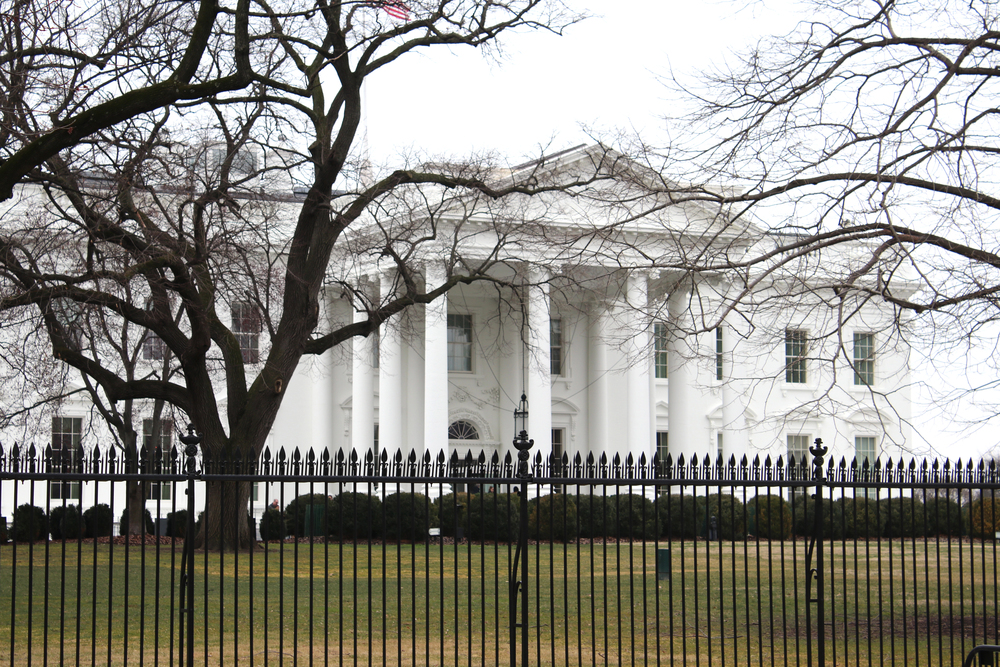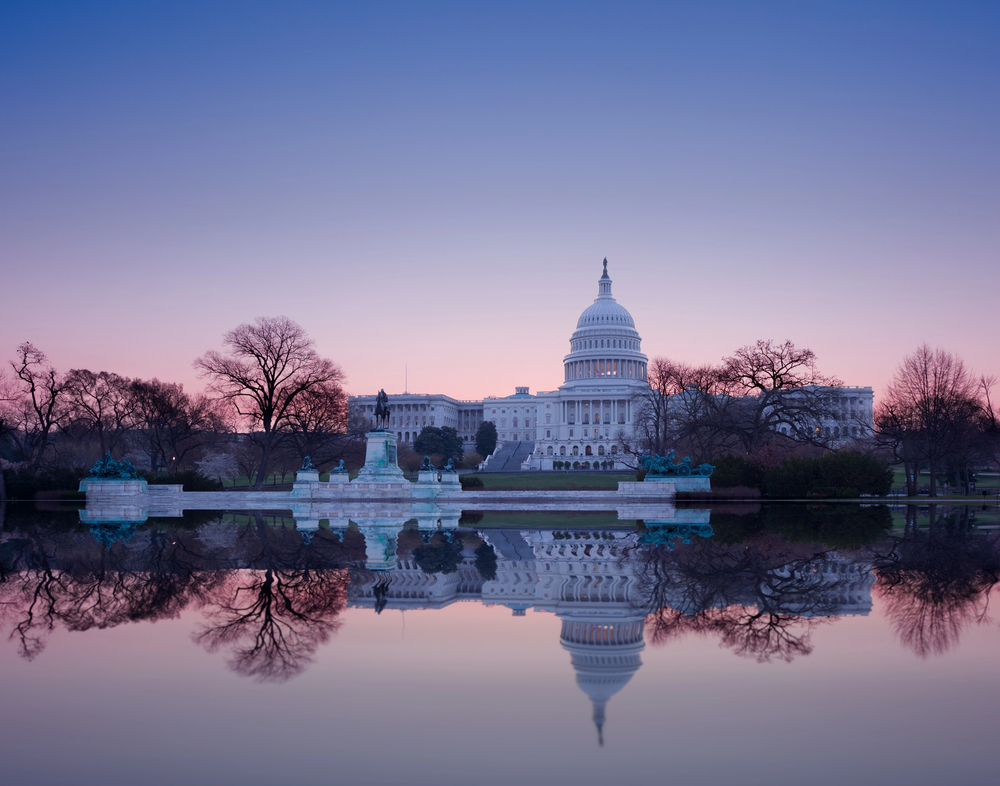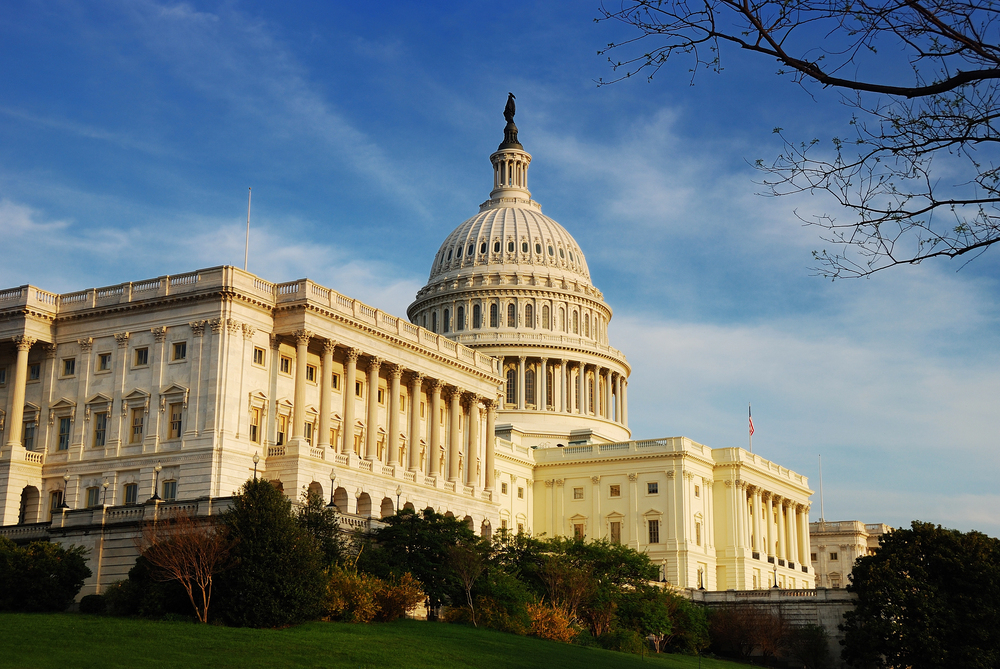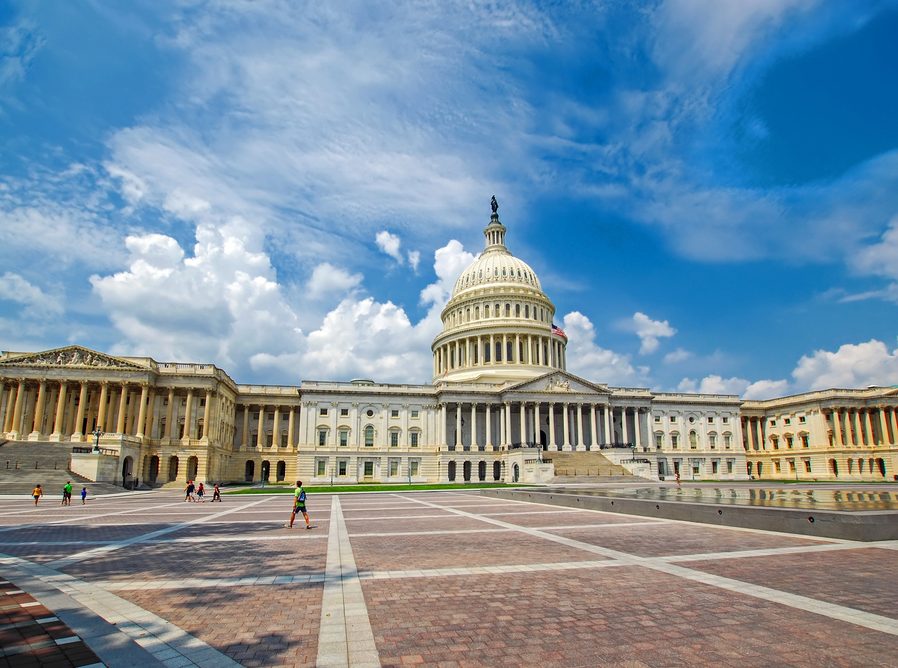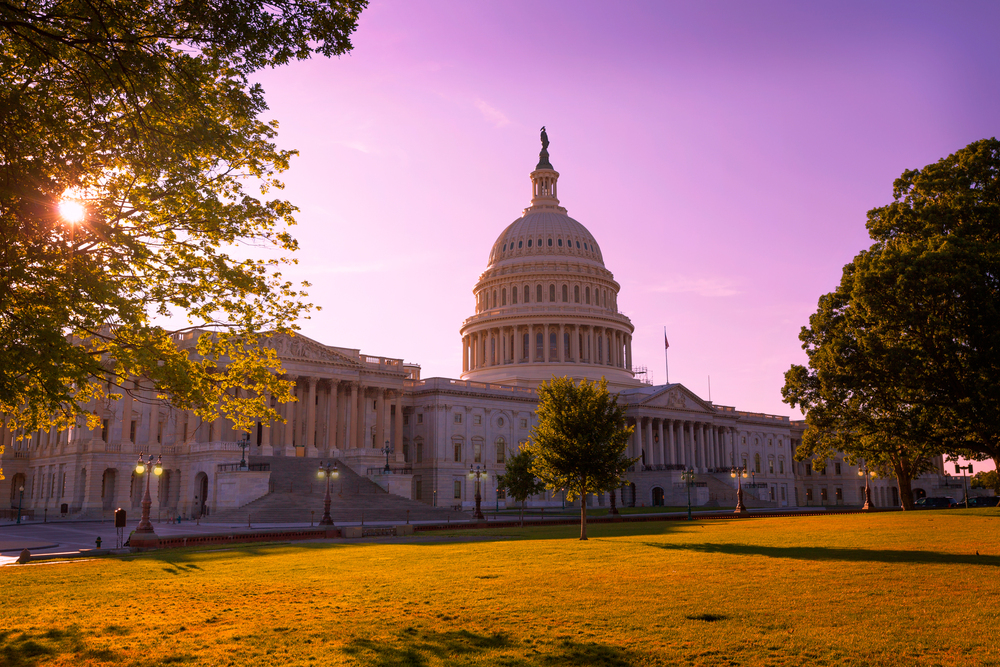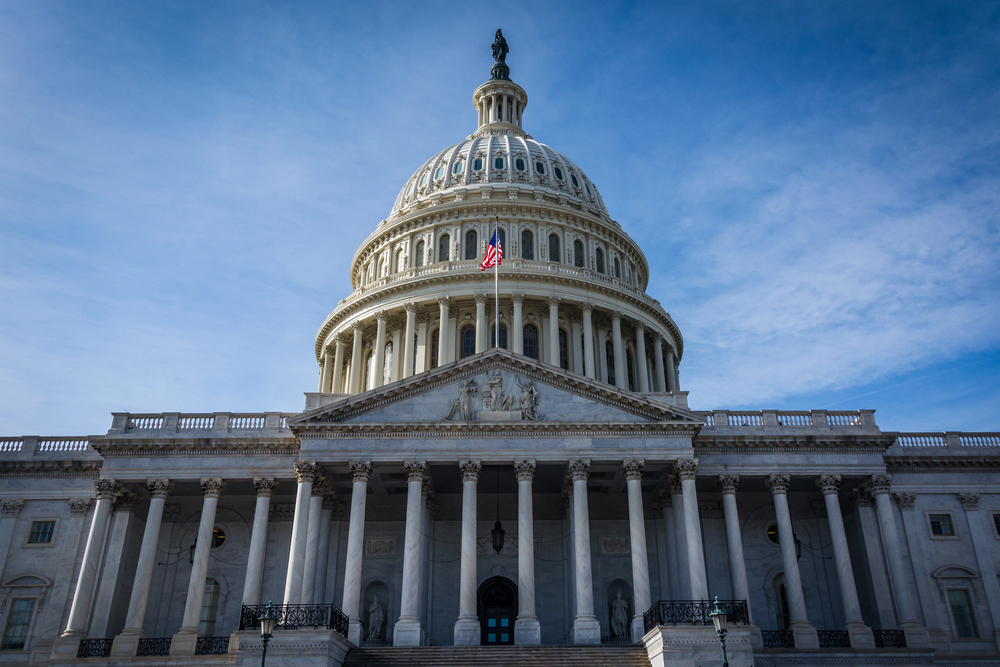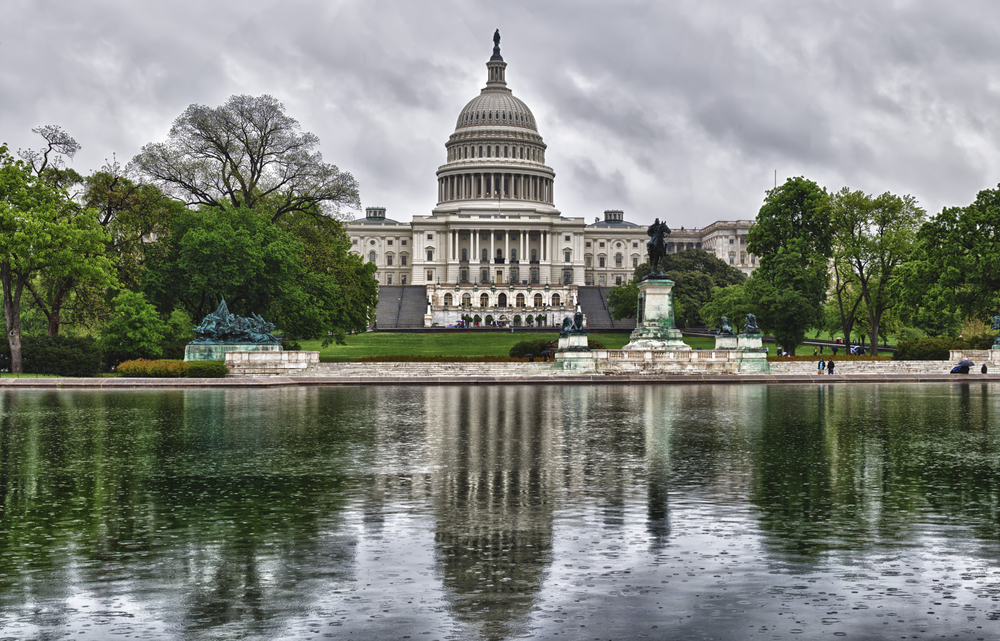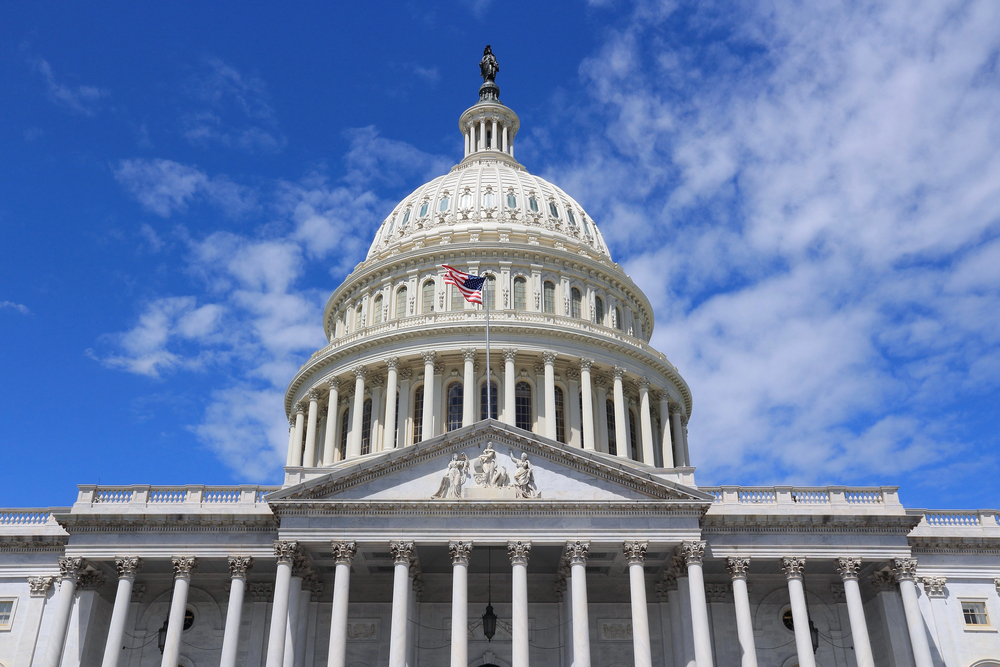Government Funding Legislation Includes Big ‘I’ Priorities
By: Wyatt Stewart
On Monday, President Trump signed legislation to end the nearly 70-hour government shutdown and fund the government through Feb. 8.
In a win for the Big “I,” the legislation included a two-year delay of the “Cadillac” tax. In 2015, Congress and President Obama acted to protect Americans from the “Cadillac” tax by delaying it for two years, from 2018 until 2020. With this recent action, the tax is now delayed an additional two years until 2022. The Big “I” praised the inclusion of the “Cadillac” tax and thanked President Trump, Sens. Heller (R-Nevada) and Heinrich (D-New Mexico), and Reps. Kelly (R-Pennsylvania) and Courtney (D-Connecticut) for their work to secure this delay.
While the “Cadillac” tax was ostensibly intended to target only high-value plans, more modest plans are also projected to trigger the tax because it is tied to a slow level of inflation. The tax unfairly and disproportionately affects middle-income Americans, women, seniors and working families, and would heavily penalize small businesses by potentially forcing them to choose between paying the tax or reducing benefits for their employees.
In other important news for Big “I” members, the NFIP was also reauthorized until Feb. 8 as part of the funding deal. The program was in lapse for three days while the deal was hashed out. Congress is debating measures to extend the NFIP on a more long-term basis. The Big “I” anticipates that the program will continue to see additional short-term reauthorizations—and potential lapses—pending a longer-term solution.
Wyatt Stewart is Big “I” senior director of federal government affairs.

